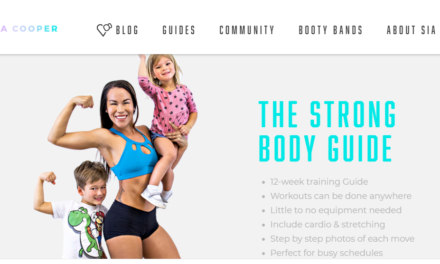While it might seem that choosing the 100 companies that matter most in the econtent industry is our biggest challenge in this issue, I find the more difficult (and fun) aspect of participating in the selection of the annual EContent 100 list is figuring out what the correct categories are and which companies go in each. As we revise the taxonomy of econtent companies, each year we seem to have more discussions about what company goes into what category than we do about the merits of individual companies.
For the 2007 list, I proposed “social media” as a new category. While the idea sounded good to everyone, the question quickly became, “So what is social media, anyway?” Just like the term “Web 2.0,” it turns out there isn’t a hard- and fast- definition of social media that everyone agrees on.
Robert Scoble, VP of media development at PodTech.net and co-author of Naked Conversations, defines social media on his Scobleizer blog by what it is not. Scoble says you should consider the media that’s in your house or on your desk (newspapers, magazines, DVDs, TV, radio, the Yellow Pages) and then look at attributes of social media that are different. Social media (compared to “mainstream media”) can be changed on-the-fly if something proves to be incorrect. People can comment on a social media item and can see in real time how popular an article or video is and how many times it has been linked to or voted on. You can syndicate social media via RSS and mash it up (a video in a blog post, for example).
Notice that Scoble’s definition leaves room for traditional publishers to create content that falls into the definition of social media. And the publishers are creating content: For example, many newspaper and magazine sites include reader comments on articles, and many reporters and editors maintain blogs.
The Social Media Club (of which I am a founding member) uses the Merriam-Webster definition of the words “social” (“of or relating to human society, the interaction of the individual and the group, or the welfare of human beings as members of society”) and “media” (“a medium of cultivation, conveyance, or expression”). The Social Media Club “will bring together journalists, publishers, communications professionals, artists, amateur media creators, citizen journalists, teachers, students, tool makers, and other interested collaborators. Essentially the people who create and consume media who have an interest in seeing the ‘media industry’ evolve for everyone’s benefit. We are more than just users, we are the reason the tools exist—we are the people who communicate our thoughts and ideas near and far.”
The Social Media Club definition also includes a voting tool where anybody can answer the question: “What do you think of ‘Social Media’ as a term?” When I last checked, there were 412 votes with 42% saying, “It’s perfect, what’s the fuss about,” 37% answering, “It’s OK, but I don’t love it,” 10% saying, “We should find something else,” 6% noting, “I’m not sure,” and 5% saying, “It’s ridiculous and inappropriate.” Clearly, even the Social Media Club is conflicted about social media.
Once the EContent team decided to add the new social media category, some companies that made the EC100 list last year were obvious choices to jump categories (blogging software companies, for example). But we debated where to put companies that create tools that are clearly “social-” and “media-” related but are typically used inside the corporate firewall. For example, the judging team used a Socialtext wiki to collaborate during the month-long selection process. While many people would enjoy seeing this collaboration on the open web, our debate must be private and password-protected. Most Socialtext customers use the platform like we did—as a tool for internal collaboration. So to us, Socialtext was better in the collaboration category than the social media category. Yet Wikipedia seems a prime example of social media, so not all wiki tools are so easily categorized.
After several weeks of discourse, here is the EContent 100 definition of social media: “Social media describes the way people share ideas, content, thoughts, and relationships online. Social media differs from so-called ‘mainstream media’ in that anyone can create, comment, and add to social media content. Social media can take the form of text, audio, video, images, and communities. Companies in the social media space create tools and technologies such as blogging software, podcast tools, wiki software, message boards, virtual communities, and networking tools.”






